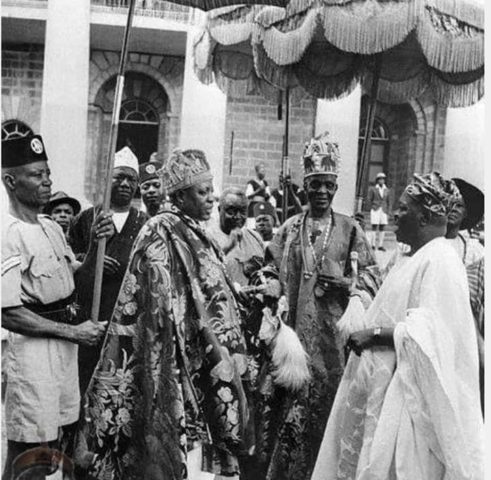The Real Reason Yoruba Wants Its Independence
Calls for Yoruba independence is gaining rising support among a growing number of Yorubas.
The ever increasing instability in the country played a significant role in influencing the request of the break-up of a united Nigeria.
Yoruba land was independent until 1914 when Lord Frederick Lugard merged the southern and northern protectorate.
Understanding the increased agitation of Yoruba independence
The country’s union wasn’t universally welcomed; the southern has been calling for independence since Nigeria gained independence in 1960.
Biafra had declared independence from Nigeria, leading to a brutal civil war that led to the death of millions of lives. The battle lasts for three years, 1967-1970.
The southern and northern jurisdiction is home to over 250 ethnic groups with hundreds of languages, making Nigeria the seventh most populous country globally and the first in Africa.
The Yoruba Summit Group, YSG, had declared that the rise in banditry, killings, and kidnapping, especially in the country’s peaceful western region, would lead to the collapse of Nigeria if it’s not addressed before the 2023 general elections.
Traditional Yoruba ruler led by the Ooni of Ife, Oba Ogunwusi, warned president Buhari last year during a visit to the presidential villa.
The Ooni said that the Yorubas don’t want any war but are ready to defend themselves if the insecurities in the southwest region are not addressed appropriately.
The Real Reason Yoruba Wants Its Independence – Way Forward
The question at hand is, why can’t we vote like Scotland and Scandinavia?
The answer is simple, with a population of over 200 million people. The people living in the southwest region, which is the home of the Yorubas, are about 21 million people.
A legally binding referendum for independence might favor Yoruba, but what is needed to achieve one.
- A strong political movement for Oduduwa republic to become a sovereign state.
- A petition to call for independence.
- A legal challenge










